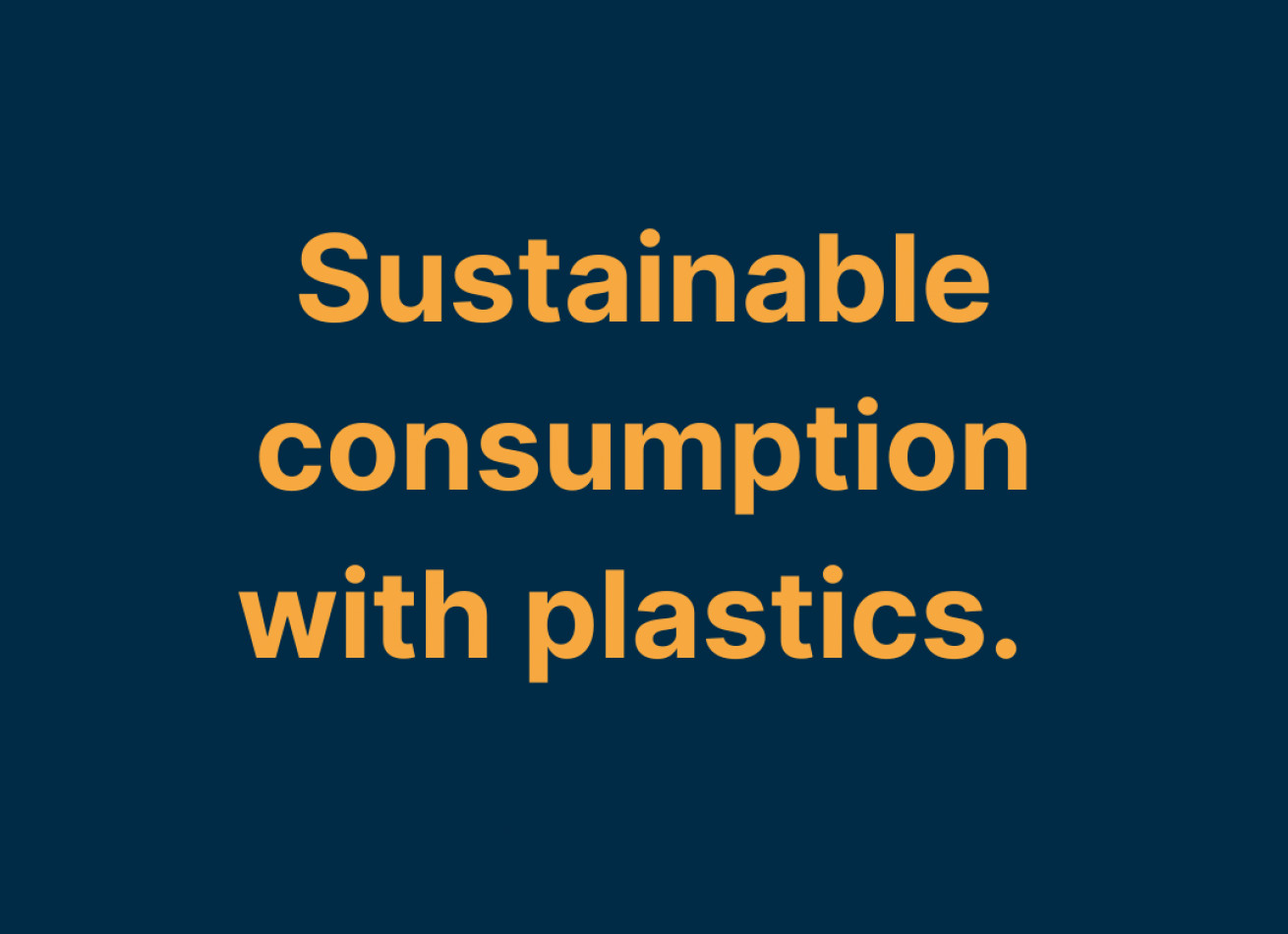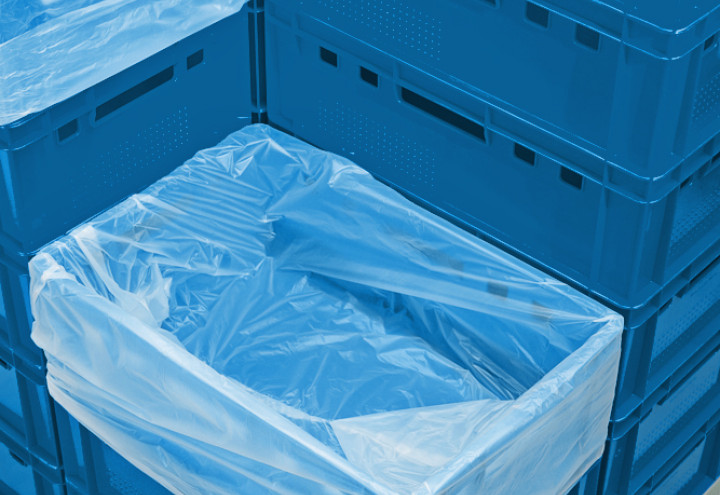Can plastic contribute to living more sustainably?
What the industry is already doing and what is needed in terms of consumer education.
"As much as necessary, but as little as possible" - that is the credo in the packaging industry. See also our article: Packaging and films offer one thing above all: protection.
We all want to use our resources intelligently and reduce material through well thought-out packaging design. At Gordopack, we work on this every day.
Today, products and goods cannot yet completely dispense with the use of packaging material and, in particular, plastic. On the contrary, the plastic packaging industry makes an active contribution to climate protection through product protection, as food waste is reduced. The environmental benefit from avoided waste is 5 to 10 times higher than the environmental cost of packaging.
The UN aims to halve food waste worldwide (see SDG 12) and reduce food losses along production and supply chains. Avoiding food waste can reduce our overall climate footprint by up to 8%.
Yet packaging accounts for just 1.5 to 2% of the climate footprint of European consumers. But consumers often don't know what to look for, so it is important for the industry to educate consumers, for example by pointing out that they should only buy portion sizes that cover the needs of the household size, and buying portion packs can help. Not everyone is aware of the importance of the best-before date either. Many products can be consumed long after this date. The rule here is: "look, smell, taste" before the food ends up in the rubbish. The storage temperature also has a great influence on the shelf life. Here you should follow the recommendations on the packaging. And never leave packaging anywhere in nature. The damage caused by humans is so great that it can no longer be compensated for.
And so the following applies not only to the packaging industry, but also to consumers: "buy as much as necessary and throw away as little as possible" and if possible "reduce, reuse, recycle".
Source: IK NH Report 2021, Stop Waste Guide, Save Food 2020




